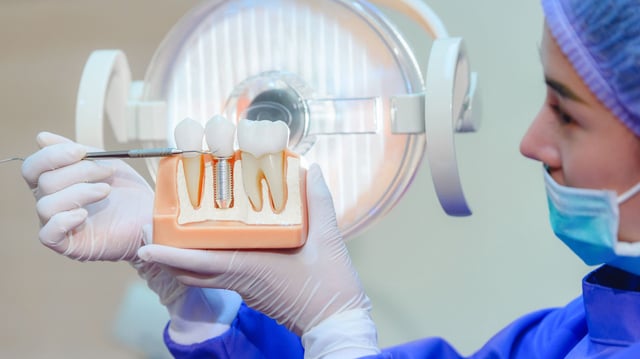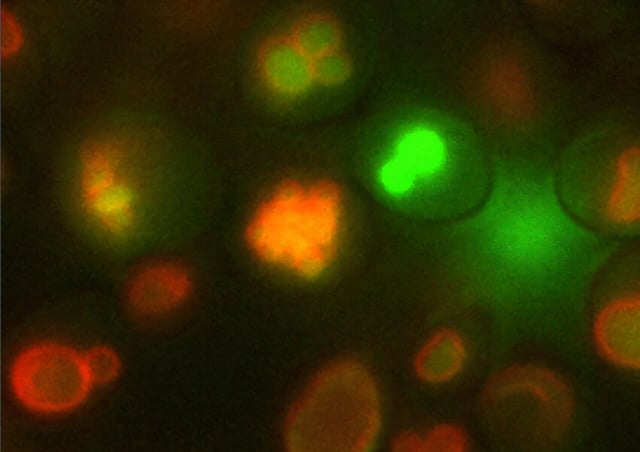Overview
- Researchers from Berkeley Lab, UC Irvine and UIUC used synthetic biology to engineer Saccharomyces boulardii into an 'osteoyeast' strain that crystallizes hydroxyapatite inside cell compartments.
- The system demonstrated production of roughly 1 gram of implant-grade hydroxyapatite per kilogram of urine within 24 hours at an estimated cost of $19 per kilogram.
- The process captures excess nutrients from wastewater, reducing environmental pollution while generating high-value material for dental and bone implants.
- Techno-economic modeling suggests a city-scale osteoyeast facility could generate about $1.4 million in annual profit and access a global hydroxyapatite market exceeding $3.5 billion by 2030.
- The patented platform is now available for commercial licensing and researchers are developing new strains to produce other bio-based materials and enable eco-friendly bio-mining.

